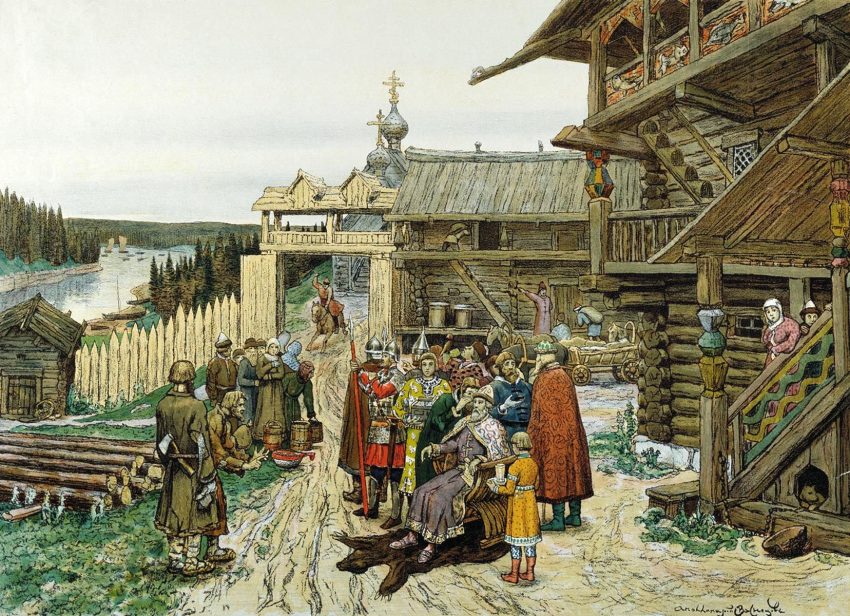knowaboutbullying.com – Ukraine’s history stretches back to ancient times, with evidence of some of the earliest human settlements in the region. The Trypillian culture, which thrived between 4500 BC and 3000 BC, was known for its advanced agricultural practices and large settlements. This era laid the foundation for the diverse cultural influences that would come to define Ukraine.
The Kievan Rus’ Era
In the 9th century, the Kievan Rus’, a federation of Slavic tribes, emerged as a powerful entity. Centered around Kyiv, it served as a key political, economic, and cultural center in Eastern Europe. Under the rule of leaders like Vladimir the Great and Yaroslav the Wise, the Kievan Rus’ adopted Christianity, which played a crucial role in shaping the region’s cultural and religious landscape.
Mongol Invasion and Lithuanian-Polish Rule
The Mongol invasion in the 13th century brought an end to the Kievan Rus’, leading to a period of fragmentation. The region eventually came under the control of the Grand Duchy of Lithuania and later the Polish-Lithuanian Commonwealth. This era introduced new governance structures and cultural influences, further diversifying Ukraine’s identity.
Cossack Hetmanate and Russian Empire
In the 17th century, the Cossacks, known for their military prowess and desire for autonomy, established the Cossack Hetmanate. This semi-autonomous state played a critical role in shaping Ukrainian national identity. However, by the late 18th century, Ukraine was divided between the Russian Empire and the Austro-Hungarian Empire, leading to increased Russification and suppression of Ukrainian culture.
20th Century Turmoil and Independence
The 20th century was marked by significant upheaval for Ukraine. Following the Russian Revolution, Ukraine briefly declared independence in 1917, only to be absorbed into the Soviet Union in 1922. The subsequent decades were marked by devastating events, including the Holodomor, a man-made famine in the 1930s, and the brutal impacts of World War II.
Ukraine gained its independence in 1991, following the dissolution of the Soviet Union. This period was characterized by efforts to establish a stable democratic government and a market economy, while grappling with internal challenges and external pressures.
Modern-Day Ukraine: Challenges and Resilience
In recent years, Ukraine has faced significant challenges, including political upheaval, economic struggles, and ongoing conflict in the eastern regions. The 2014 Euromaidan protests led to significant political changes and heightened tensions with Russia, culminating in the annexation of Crimea and conflict in the Donbas region.
Despite these challenges, Ukraine has shown remarkable resilience and determination to forge its path. Efforts to strengthen democratic institutions, combat corruption, and integrate more closely with Europe continue to shape its future.
Conclusion
Ukraine’s history is a testament to its resilience and the complex interplay of cultural, political, and social forces that have shaped its identity. From ancient civilizations to modern-day challenges, Ukraine’s journey is a compelling narrative of struggle, survival, and hope for a brighter future.

